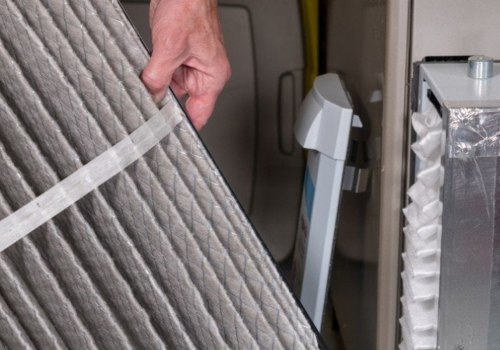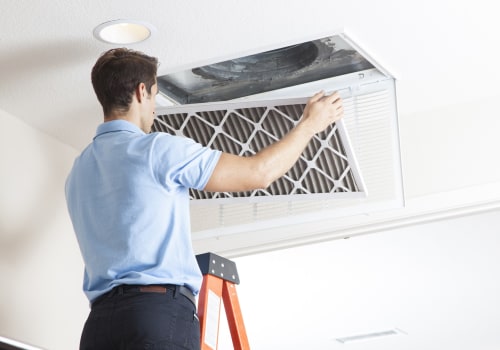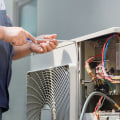When it comes to air quality, those who suffer from asthma, severe allergies, and other similar conditions should opt for air filters with a MERV rating of 13 or higher. A higher MERV rating means greater resistance, which in turn reduces airflow. Airflow is essential for the performance and longevity of your HVAC system, as well as for a comfortable home. The MERV (Minimum Efficiency Reporting Value) scale is used to measure the effectiveness of an air filter in trapping particles of various sizes.
The scale ranges from 1 to 20, with filters in medical facilities having a MERV rating of 20 or higher. Generally, a filter with a higher MERV rating will reduce airflow. However, other factors such as the size of the filter and the type of fan motor in your HVAC system also play a role. MERV 5 — MERV 8 filters provide good filtration and remove most pollen, mold spores and dust mites.
If you are susceptible to allergies, asthma, or other respiratory conditions, you may want to use a filter with a MERV rating of approximately 10 to 12. It is best to comply with oven manufacturer's recommendations or consult an HVAC professional to determine exactly which MERV rating is best for your specific system. E1, E2, and E3 particles are particle range sizes used in air filter tests to determine a MERV rating. If your home's HVAC system is not capable of handling MERV 13, opt for a filter with the next highest possible rating. Hospital-level air quality requires a MERV rating of 13 to 16, which is unlikely to be needed in your home.
Unlike other scales, which emphasized the need to increase the number of particles passing through an air filter, MERV was designed to offer a balance between particle filtering and energy efficiency. When selecting an air filter, it is important to consider the size, thickness and MERV rating that best suits your needs. With the Filter King filter selection tool, you can easily find the right filter for your HVAC system. Ultimately, it is important to ensure that you are using the right filter for your specific system in order to maximize its performance and lifespan.










